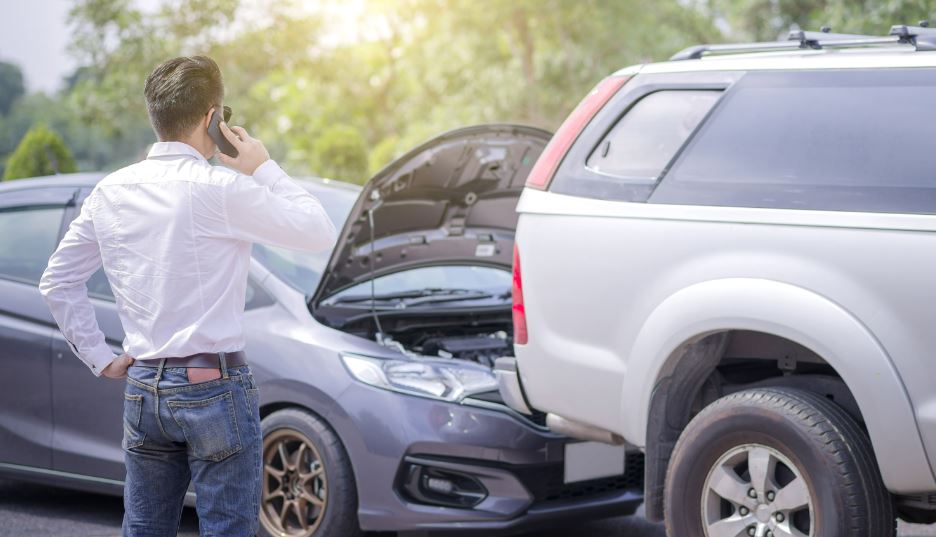
Each year, about six million car accidents occur in the United States. Hopefully, you’ll never find yourself in a situation where you’ve been involved in an accident—let alone injured in one. Still, it’s always wise to prepare for the unexpected. By knowing what to do (and what not to do) after a car accident, you can act quickly and sensibly.
1. Get to Safety
Your safety and well being should be the first priority when you’re in an accident. If the accident occurs on a busy road, pull your car off the road to safety (especially if traffic is still passing by) and make sure you and other passengers in your car are okay. Call 9-1-1 for medical attention if anybody is injured; even if you don’t notice any obvious, injuries, it’s not a bad idea to be checked out by a doctor immediately after an accident—as symptoms of some common injuries (like whiplash) may not show up until a day or two afterwards.
2. Call Police
No matter how minor the accident may be, you’ll want to have formal documentation in the form of a written police report. Contact your local police department to report the accident, and wait on-scene until officers arrive. Keep in mind that if the accident is a minor one, you may have to wait for a bit while officers handle high-priority calls.
If your accident has occurred on a city street, you’ll most likely file a report with the local police or sheriff’s department. For highway accidents, however, you should expect to file with state highway patrol. Regardless, you should be given a case or report number after you make your statement so that you can obtain a copy of the police report once it is filed.
3. Never Admit Fault
While waiting for the police to show up, there’s a good chance your adrenaline will be pumping—even if the accident you were in was not a major one. This is simply your body’s natural response to a dangerous situation. Because of your increased adrenaline, you may actually find yourself feeling energized, hyperactive, and/or talkative. It’s important to remember, though, that you should never admit fault to another involved party after an accident. In fact, it’s generally best to avoid speaking with other people involved in your accident, aside from the purposes covered below.
4. Trade Information
You will need to exchange information with every other party involved in your car accident. This should include your insurance information, first and foremost. If the police arrive in a timely manner, you can have an officer handle this for you—especially if you’re injured or not comfortable speaking with others involved. If you’ll be waiting for police, however, it’s a good idea to exchange information sooner rather than later. That’s because on the off chance that the other driver flees the scene, you’ll want to have that information already gathered.
In addition to exchanging insurance information, it’s a good idea to write down the make and model of all other cars involved, as well as license plate numbers and general descriptions of other drivers.
5. Document as Much as Possible
There’s no such thing as having too much information when it comes to your car accident. If you have a cell phone with a built-in camera, take as many pictures of the accident scene as possible (as long as you’re not injured and are able to safely do so). Try to get photos from different angles, and be sure to document your surroundings and the road conditions. For example, if your car skidded on a patch of black ice, try to get a photo of the culprit. If there are traffic signs (such as street intersection signs) nearby, get pictures of those as well.
Did anybody witness your accident? If so, you might want to flag them down and ask them to give a statement to police, especially if they have information that may help your case. If they don’t want to wait for police to arrive, you might consider asking for their information so that police can follow up with them later on.
Down the road, you’ll also want to keep detailed documentation of any medical expenses you incur as a result of your accident, as well as estimates for repairing your vehicle and other other costs related to the accident itself. These can prove useful in negotiating a settlement with the insurance company.
6. Call Your Insurance Agent
As soon as you’re able to do so, give your car insurance agent a call to begin your claim process. The sooner you do this, the better. It’s even possible that your insurance agent will be able to come out to the scene of your accident help with taking photos or gathering other documentation as needed. At the very least, your agent will be able to get in touch with the auto insurance companies from other drivers involved to begin working on a settlement.
Another reason it’s so important to report your accident to your insurance company quickly is that many auto insurance policies with medical benefits will only pay out if you report the accident immediately and provide ample documentation.
7. Consult an Attorney
No matter how “cut-and-dry” your car accident case may seem, it’s never a bad idea to consult with an experienced personal injury lawyer in Phoenix who also specializes in auto accidents. After all, even if you don’t have any obvious injuries immediately after the accident, you could develop symptoms in the days after your collision.
Unfortunately, insurance companies don’t always have your best interests at heart, either. Even if you receive a settlement offer from the insurance company for injuries and/or property damage as a result of the accident, then, it’s a good idea to have an attorney review your proposed settlement. In most cases, these settlements are on the low end. A knowledgeable personal injury lawyer in Phoenix will be able to work diligently at reaching a fair settlement for your accident case.
The Bottom Line
Being involved in an auto accident is taxing enough, but going back and forth with the insurance company after-afterwards can be even more stressful in some ways. Make sure you’re well represented by working with a personal injury and car accident attorney from the day of your accident until the day your case is settled. From there, you can enjoy the peace of mind in knowing that your best interests are at the forefront—and that you’ll have a fighting chance at a fair settlement.
Sort by Category
Related Posts
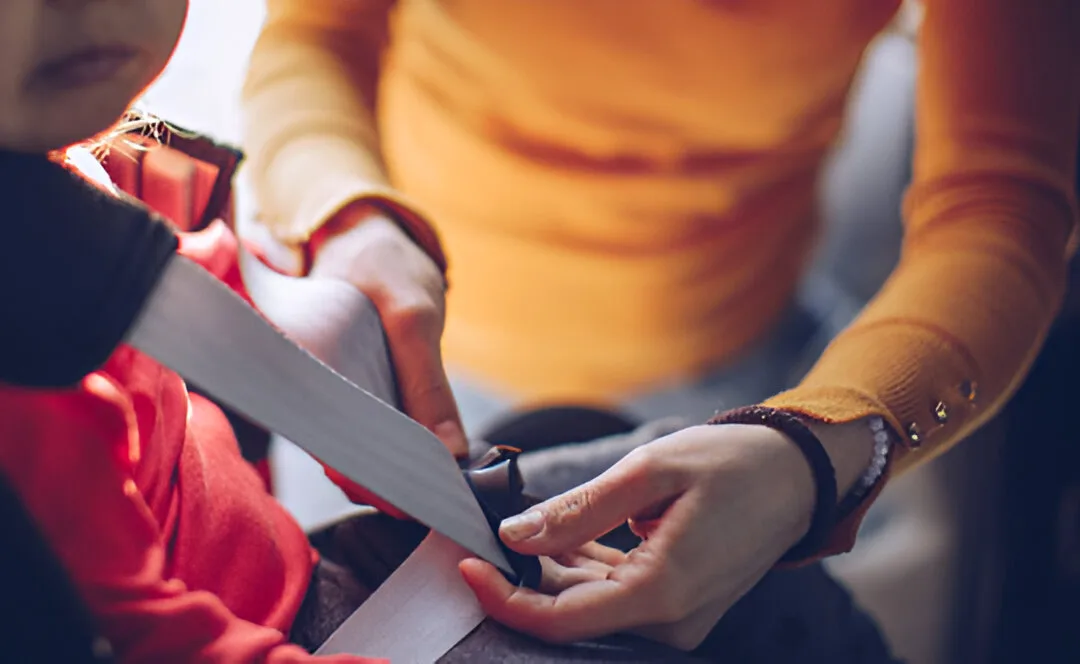
Understanding Arizona’s Car Seat Rules
Understanding Arizona's Car Seat Rules is crucial for every parent and caregiver. These regulations are designed to ensure the safety of young passengers, which can significantly reduce the risk of injury in case of an accident. This article aims to provide a...
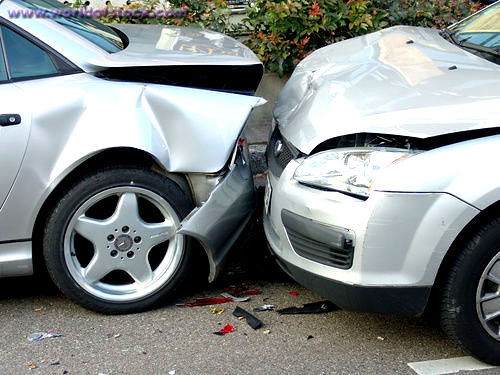
Can I sue if I get whiplash from a car accident?
A whiplash injury is a neck injury caused by the sudden back-and-forth motion of the head, commonly seen in car accidents. This type of injury can lead to significant pain and discomfort, often making it difficult for victims to go about their daily activities. If you...
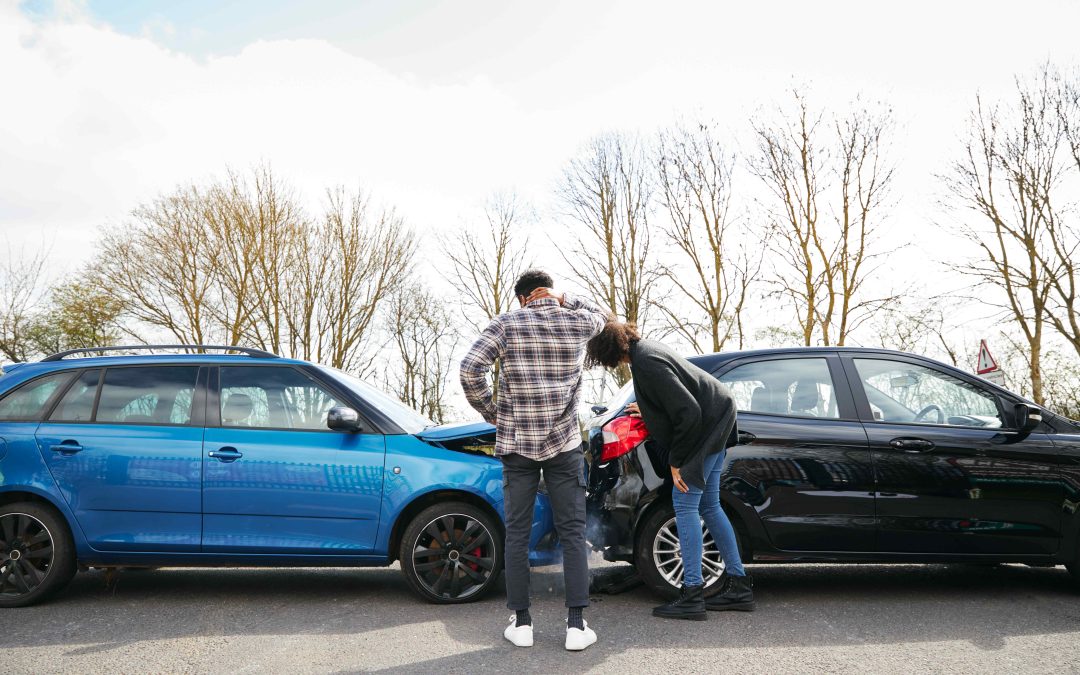
When the At-Fault Driver Has No Car Insurance: Your Options for Compensation
Being involved in a car accident can be a stressful experience, especially when the at-fault driver lacks car insurance. This scenario raises concerns about securing compensation for damages and injuries. Key takeaway: In this article, we will discuss the options...
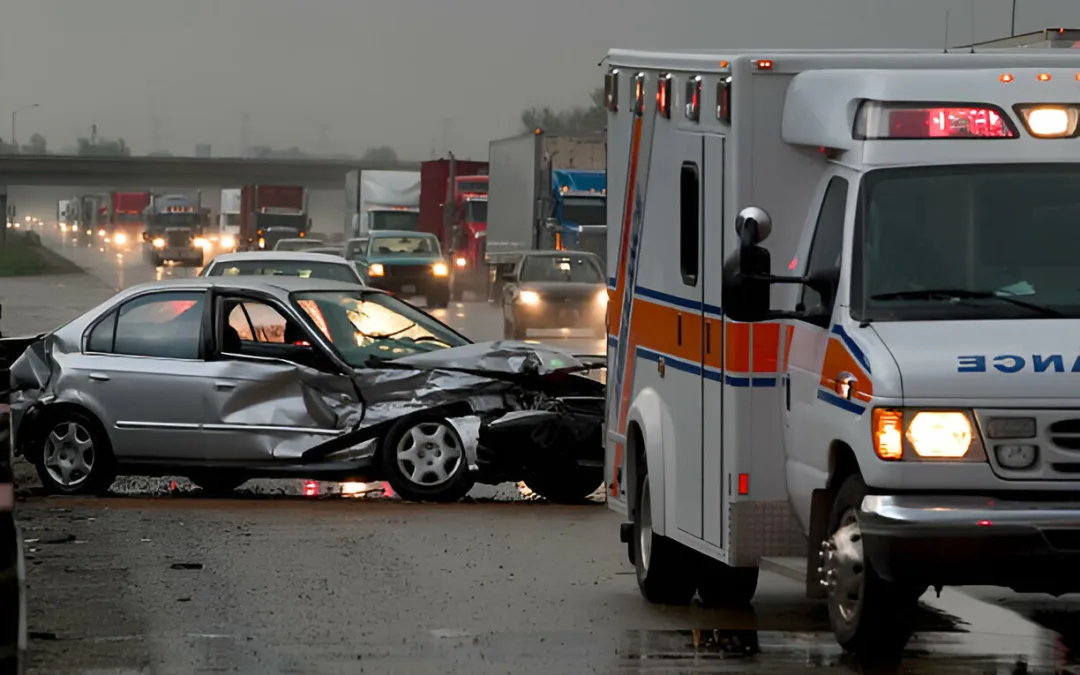
What to Do if You’re in a Car Wreck Without Insurance
Car accidents involving uninsured or underinsured drivers are more common than you might think, and they pose a significant challenge. When you're involved in a car wreck without insurance, the process of settling damages becomes complex. Having car insurance is...
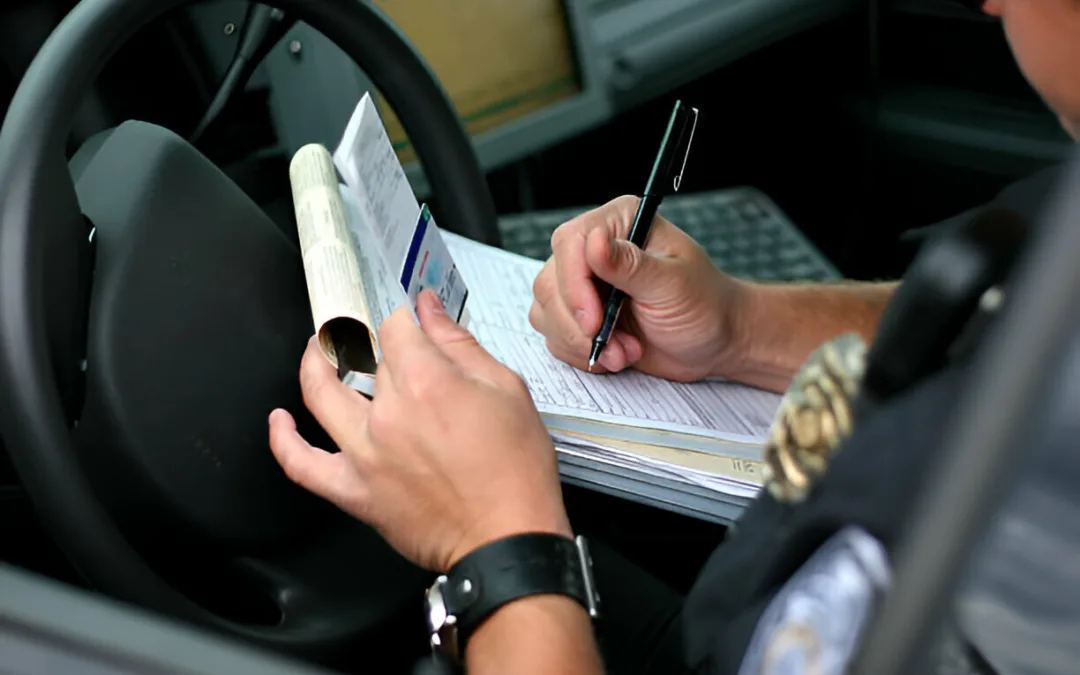
How to Get a Car Accident Police Report in Phoenix, AZ: A Complete Guide
Navigating the aftermath of a car accident can be daunting, especially when it comes to understanding and fulfilling legal and insurance obligations. One essential document you'll need is a car accident police report. This vital piece of evidence plays a crucial role...
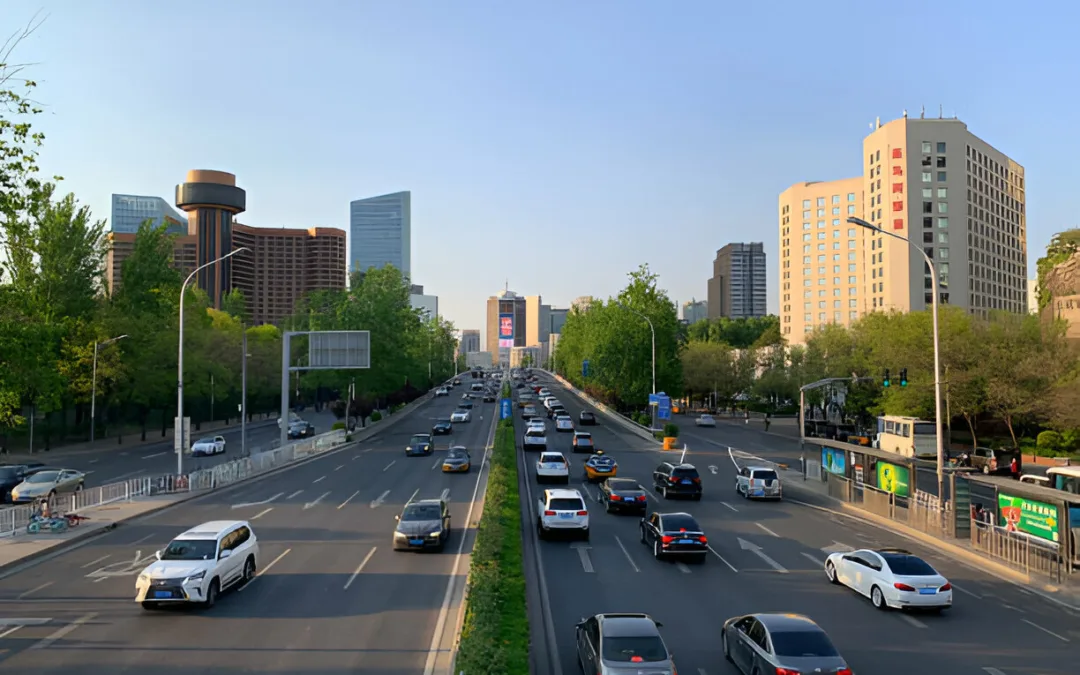
Who Holds Responsibility in a Lane Change Accident? Understanding the Law
A lane change accident occurs when a vehicle moves into another lane and collides with another car. These incidents can lead to significant injuries, property damage, and in severe cases, loss of life. As you navigate the roadways, it's crucial to understand the law...

Will my Car Insurance Premiums Go Up After an Accident That Wasn’t my Fault?
Arizona Personal Injury Attorneys If you have been involved in a car accident, you likely have many questions. One of the most common questions asked after a car accident is whether an accident will cause your car insurance premiums to go up? You may well anticipate a...
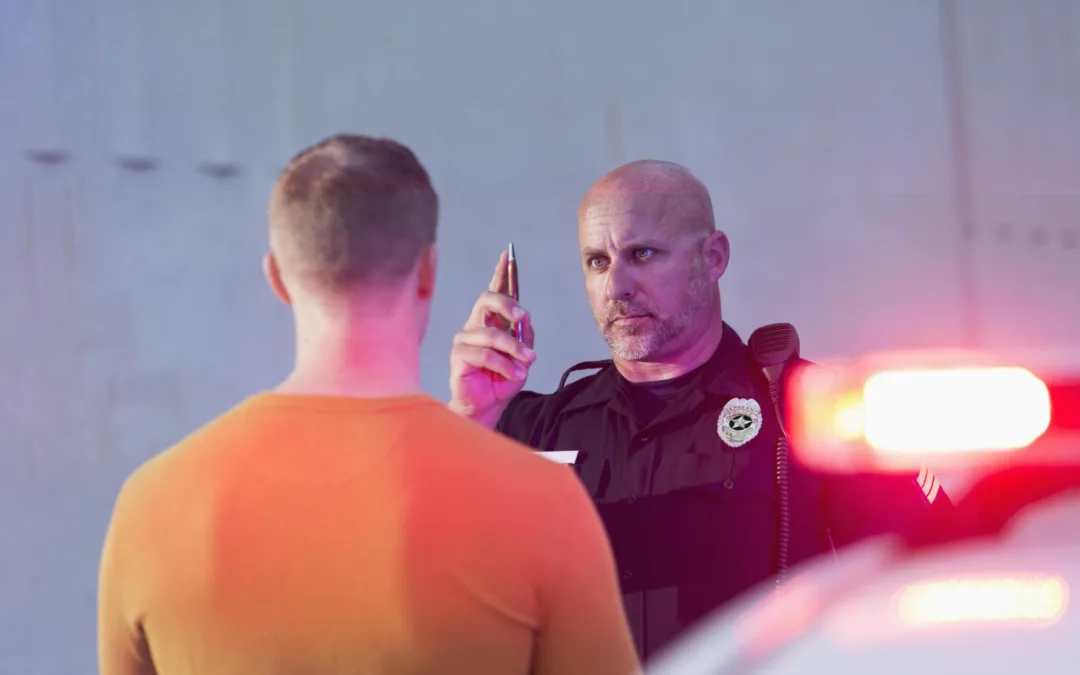
DUI Laws and Substance Abuse in Arizona: Navigating the Complex Landscape
Driving under the influence (DUI) in Arizona is not just a legal issue; it's a deeply entrenched societal challenge that tests the boundaries of law enforcement and public health. In Arizona, known for its particularly stringent DUI laws, this issue takes on a unique...
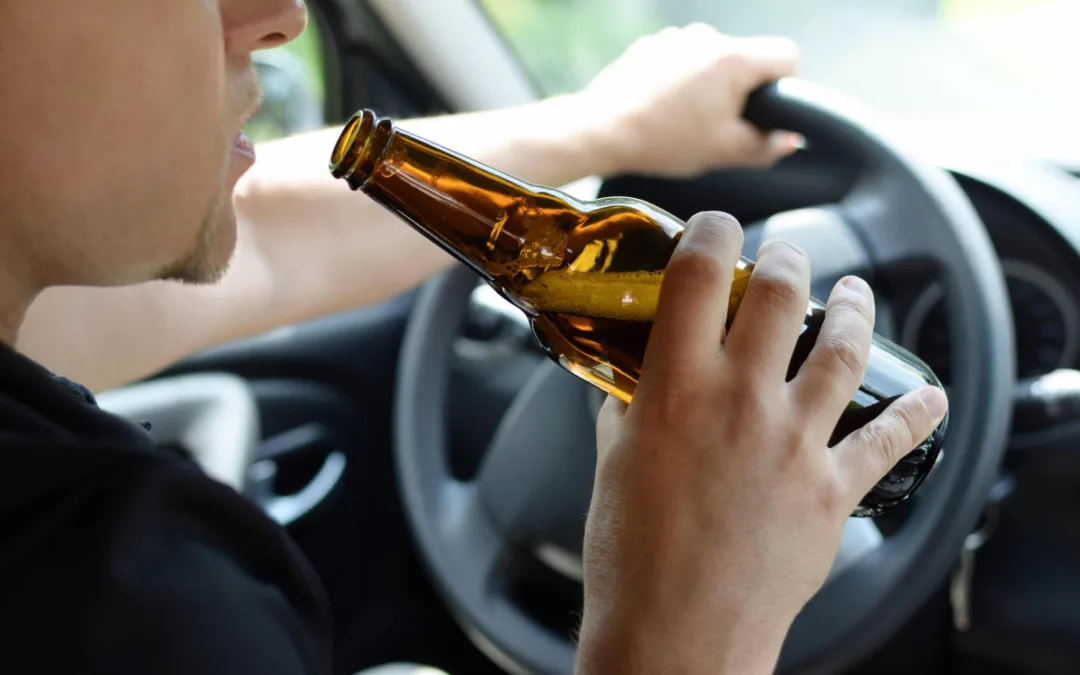
The Spectrum of Alcohol Impairment: Buzzed vs. Drunk Driving and Their Legal Consequences in Arizona
The conversation around impaired driving often centers on the terms "drunk driving" and the adage "buzzed driving is drunk driving." This dialogue evokes strong opinions and legal debates, particularly in the United States, where the ongoing dilemma of determining at...

The Truth About ‘Full Coverage’ Auto Insurance in Arizona: A Legal Perspective
I THOUGHT I HAD FULL COVERAGE!?! As a personal injury attorney, I can’t tell you how many times a client in a collision tells me they thought they had “full” coverage, only to learn they did not. What exactly is full coverage? Well, it means different things to...
